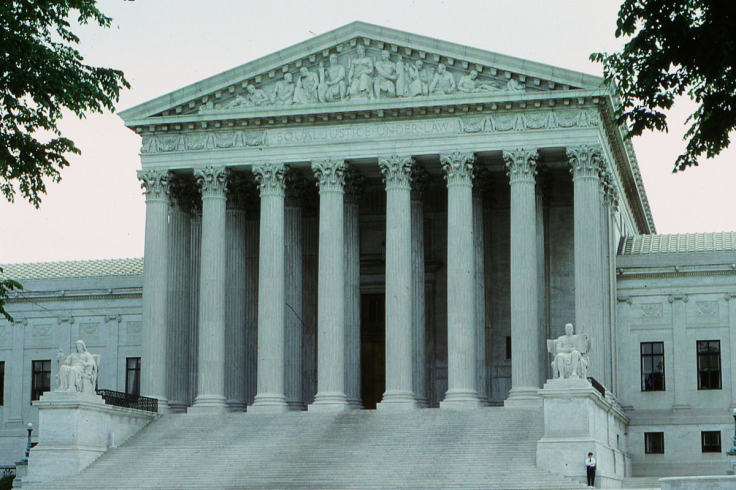Donald Trump's Global Tariffs Face Collapse as US Supreme Court Questions His Power to Tax the World
Conservative and liberal justices alike signalled deep scepticism of Donald Trump's global tariff plan during tense Supreme Court arguments, questioning whether the president exceeded his constitutional powers.

The US Supreme Court appeared deeply sceptical of President Donald Trump's sweeping global tariffs on Wednesday, with multiple conservative justices joining their liberal colleagues in questioning whether the president overstepped his constitutional authority in what could become one of the most consequential economic rulings in decades.
A Divided Court Challenges Trump's Powers
During more than two and a half hours of oral arguments, six justices lined up to challenge the Justice Department's defence of the tariffs, which Trump imposed on virtually every trading partner using emergency powers. The case, Learning Resources v Trump, centres on whether Congress truly delegated its constitutional taxing power to the president through the International Emergency Economic Powers Act.
'The vehicle is imposition of taxes on Americans, and that has always been the core power of Congress', Chief Justice John Roberts said in one key moment. Justice Neil Gorsuch, a Trump appointee, pressed the government's lawyer even harder, asking what would stop Congress from 'just abdicating all responsibility to regulate foreign commerce, for that matter, declare war to the president'.
Billions in Tariff Refunds at Stake
The scepticism extends far beyond the legal arguments. If the court strikes down the tariffs, the US government could be forced to refund businesses anywhere from £600 billion to £800 billion, according to Treasury Secretary Scott Bessent's estimates. The federal government has already collected more than £72 billion in tariff revenue since Trump's 'Liberation Day' announcement in April, when he declared trade emergencies with dozens of countries and imposed duties ranging from 10 per cent to more than 100 per cent.
'If you win, tell me how the reimbursement process would work', Justice Amy Coney Barrett asked Neal Katyal, the lawyer representing businesses challenging the tariffs. 'Would it be a complete mess?' Katyal acknowledged that whilst the five companies he represents should clearly receive refunds, the broader process would be 'very complicated'.
Justice Samuel Alito suggested the court might need to resolve the refunds matter sooner rather than later, since waiting would only increase the amount collected and the complexity of repayment. Lower courts have already ruled against the tariffs but allowed them to remain in place pending the Supreme Court's decision.
A Pivotal Test of Presidential Authority
The Trump administration argues that the president has broad authority under IEEPA to 'regulate' imports during national emergencies. Solicitor General John Sauer insisted that the tariffs 'are not revenue-raising tariffs' but rather regulatory tools to address trade deficits and national security threats.
However, Justice Elena Kagan pointed out that the administration has consistently argued in other cases that courts are powerless to review a president's emergency declarations. 'It turns out we're in emergencies, everything all the time, about, like, half the world', she said.
Katyal opened his argument by stating bluntly that 'tariffs are taxes' and that 'our founders gave that taxing power to Congress alone'. He noted that Trump imposed a 39 per cent tariff on imports from Switzerland, a US ally with which America runs a trade surplus, demonstrating that the tariffs were not truly about addressing trade deficits.
Treasury Secretary Bessent, who attended Wednesday's hearing, left saying he felt 'very optimistic' about the outcome. However, the courtroom questioning suggested otherwise. If the Supreme Court rules against Trump, it would mark the first major defeat of his second term from a court that has previously sided with him repeatedly.
The court is expected to issue its decision sometime this winter or early spring, significantly faster than the usual June timeframe. The administration specifically requested an expedited ruling to limit potential refund obligations.
© Copyright IBTimes 2025. All rights reserved.





















